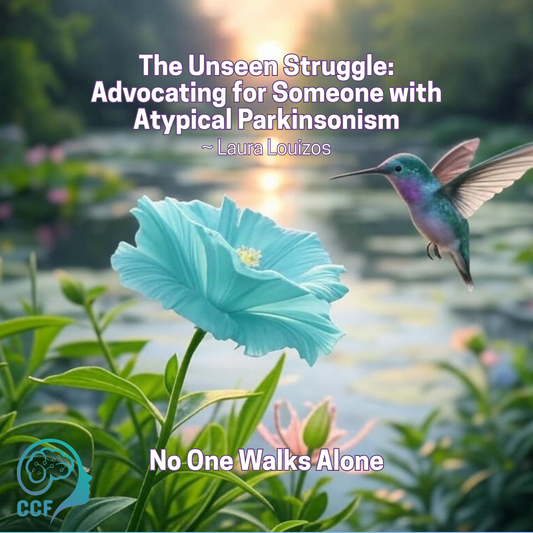Dementia can be a symptom of progressive supranuclear palsy (PSP). PSP is a rare neurodegenerative disease that affects movement, balance, speech, and eye movements. As the disease progresses, it can also affect cognition, behavior, and emotions. While not all individuals with PSP will develop dementia, studies have shown that up to 80% of individuals with PSP may experience some degree of cognitive impairment.
The type of dementia associated with PSP is typically referred to as subcortical dementia, which is characterized by a slowing of mental processing, difficulty with executive function (such as planning, organizing, and problem-solving), and changes in mood and behavior. Unlike other types of dementia, memory loss is not typically a prominent feature of subcortical dementia.
Because PSP is a relatively rare disease, there are limited treatment options available to manage cognitive symptoms. However, some medications that are commonly used to treat other types of dementia, such as acetylcholinesterase inhibitors, may be helpful in managing cognitive symptoms in individuals with PSP. Additionally, supportive care, such as occupational therapy and speech therapy, can help improve overall functioning and quality of life for individuals with PSP and cognitive symptoms.
Executive function refers to a set of cognitive processes that are responsible for planning, organizing, initiating, and monitoring complex behaviors and goal-directed actions. Executive function can be affected in individuals with progressive supranuclear palsy (PSP).
As PSP progresses, it can cause changes in executive function, making it difficult for individuals to plan and organize daily activities, initiate tasks, and multitask. In particular, individuals with PSP may have difficulty with set-shifting, which is the ability to switch between different tasks or mental sets, and inhibitory control, which is the ability to stop an ongoing action or response.
These changes in executive function can significantly impact an individual's ability to function independently and may require adaptations to their daily routines, such as breaking down tasks into smaller steps, using reminders or checklists, and simplifying the environment to reduce distractions.
Occupational therapy and cognitive rehabilitation may also be helpful in improving executive function in individuals with PSP. These interventions typically involve working with a therapist to develop strategies and techniques to manage specific challenges related to executive function, such as planning and organizing, time management, and memory.


 Donate
Donate



